|
Today, I welcome Allison to the blog. I love reading historical fiction, and I have even got an idea for one myself. So, it was fascinating to have the opportunity to interview Allison about her non-fiction historical books, as well as her faction piece, Follow After Me. How much of your earlier research for your non-fiction books went into Follow After Me? An immeasurable amount! I developed an extensive knowledge of the Australian experience of WWI during the creation of my adult title Anzac Sons: the Story of Five Brothers in the War to End All Wars (Big Sky Publishing, 2014). That research enabled me to capture the authenticity of time and accuracy of historical events. Spending time on the Western Front also developed the capacity to address the sensory experience to create the WWI setting. In the creation of Anzac Sons there were moments of serendipity that could not be included in a work of factual content. Follow After Me has allowed me to tell some of those stories, the moments with no explanation, of which, in fiction, I had the freedom to bend and conform to the narrative. Did Follow After Me require further research? Follow After Me is told in parallel narratives of today and a century before. It includes the experience of an indigenous soldier and the impact the war had on him and his descendants. There was more research that needed to be done to ensure I accurately represented the experience. Further research was necessary to capture the elements I needed for Lizzie who is growing up on a farm in time of drought and dealing with the coming-of-age issues of today. While I grew up on a farm and I’m very aware of the effects of drought, to capture the young adult voice I did a lot of eavesdropping on my own children. The opportunity to research and write at the Australian War Memorial, courtesy of a May Gibbs Children’s Literature Trust Fellowship, made a significant contribution to the writing of Follow After Me. On your website, you say, ‘My interest in the service of my ancestors began when I was studying to become a teacher.’ Can you explain what, ‘the service of my ancestors’ means and why it is important? The historical story within Follow After Me is based on the tragic World War One experiences of my ancestors, the Marlow family. Honouring their service to Australia became a slight obsession. I wanted to share their story. Of six brothers, five went to war, only two made it home. The Anzac characters in Follow After Me are based on each of the brothers and have been developed as accurately as possible using a collection of over 500 letters and postcards which the men sent to home from the Western Front. Some of the correspondence in Follow After Me uses the actual letters of my ancestors but with additions or modifications to move the narrative forward. What tips do you have for researching and writing faction (fiction with historical elements)?
How important is it to share Australian historical stories? I firmly believe that we cannot understand who we are today and develop a strong sense of identity without understanding the past – it helps develop empathy for all and an appreciation and conviction for the values that Australians hold dear. Keep sharing Australian stories and reinforce our unique sentiment and characteristics! In the lives of the two protagonists, Evie and Lizzie, there must’ve been times when they felt afraid. What are some of the ways they faced their fear and found courage? That’s a tricky question – I might give away the plot! Perhaps I can say that being prepared to listen to their instinct and follow the values they know are right, were the key factors that helped Evie and Lizzie to face their fears. It has a lot to do with those that came before and the courage they showed in the face of great danger and adversity! How have you dealt with fear in your own life? I try turning fear into my friend, I listen to it, acknowledge it and, like Lizzie, think of the courage my ancestors displayed. If they can do it, so can I. Perhaps I don’t always conquer fear, but I do my best to give it a go and not be overwhelmed by it. Three fun facts about Allison: My Favourite Books: Belinda – Pamela Allen (closely followed by my books, of course) Pets: I once had a dog and three cats – now I have a native blue-banded bee who visits the herb garden outside my study window (actually, my bee is the second one I have had, the first one sadly left me). She is beautiful and has a very loud buzz! You as a Child: I grew up on a farm surrounded by dogs, cats, chooks, cows and sheep. I wish I was still growing up on the farm! I read a lot, played netball and tennis and rode the motorbike. I did lots of jobs like helping at shearing time, looking after the vegetable garden and picking fruit, but wasn’t always trusted to gather the eggs … I was a bit clumsy … Two women live a century apart but are mysteriously connected. 'Follow After Me' is a unique blend of contemporary fiction and historical detail. It is a beautiful story of war, love and coming-of-age that will appeal to both male and female readers from age 14 and up and cross-over to adult readership. Allison is the author of the 2016 ABIA and CBCA notable title 'Anzac Sons: Five Brothers on the Western Front', the children’s version of the adult title 'Anzac Sons'. Her children’s picture books 'Granny’s Place' and 'Shearing Time' are inspired by childhood memories of life on the farm. 'Australia Remembers: Anzac Day, Remembrance Day and War Memorials' was published in 2018 and is the first in a series. More information about Allison and her books can be found at her website: www.allisonmarlowpaterson.com. If you've enjoyed this post, feel free to like, comment, and/or share.
|
AuthorOn my blog you will find: Categories
All
Click to set custom HTML
|
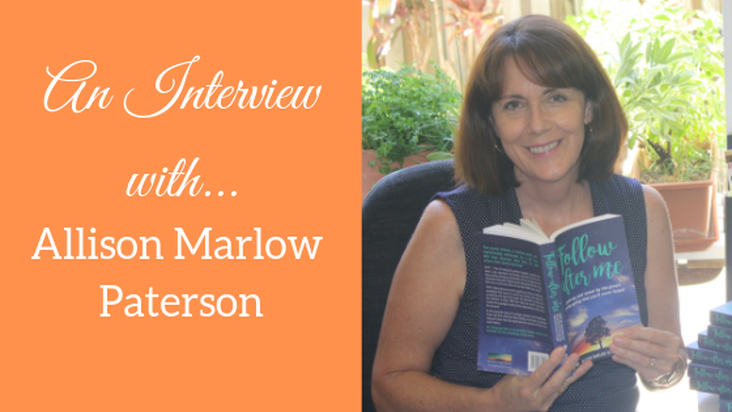
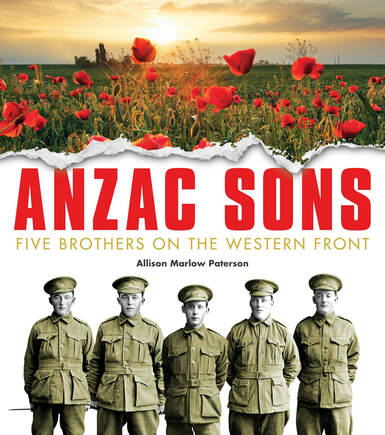
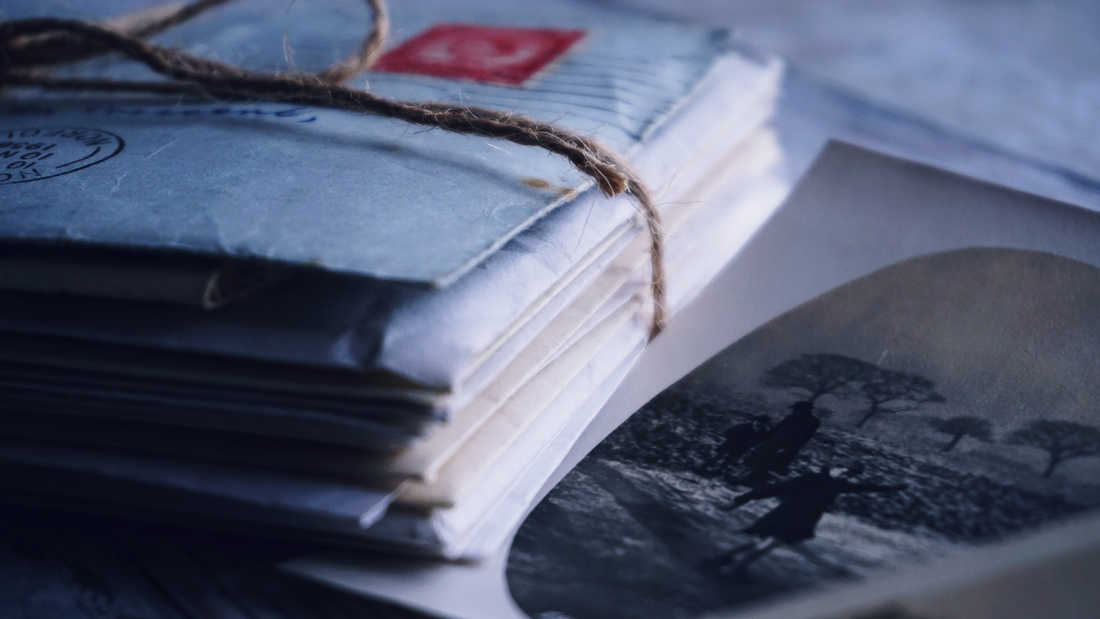
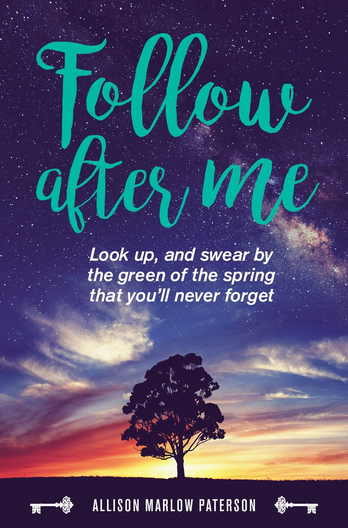
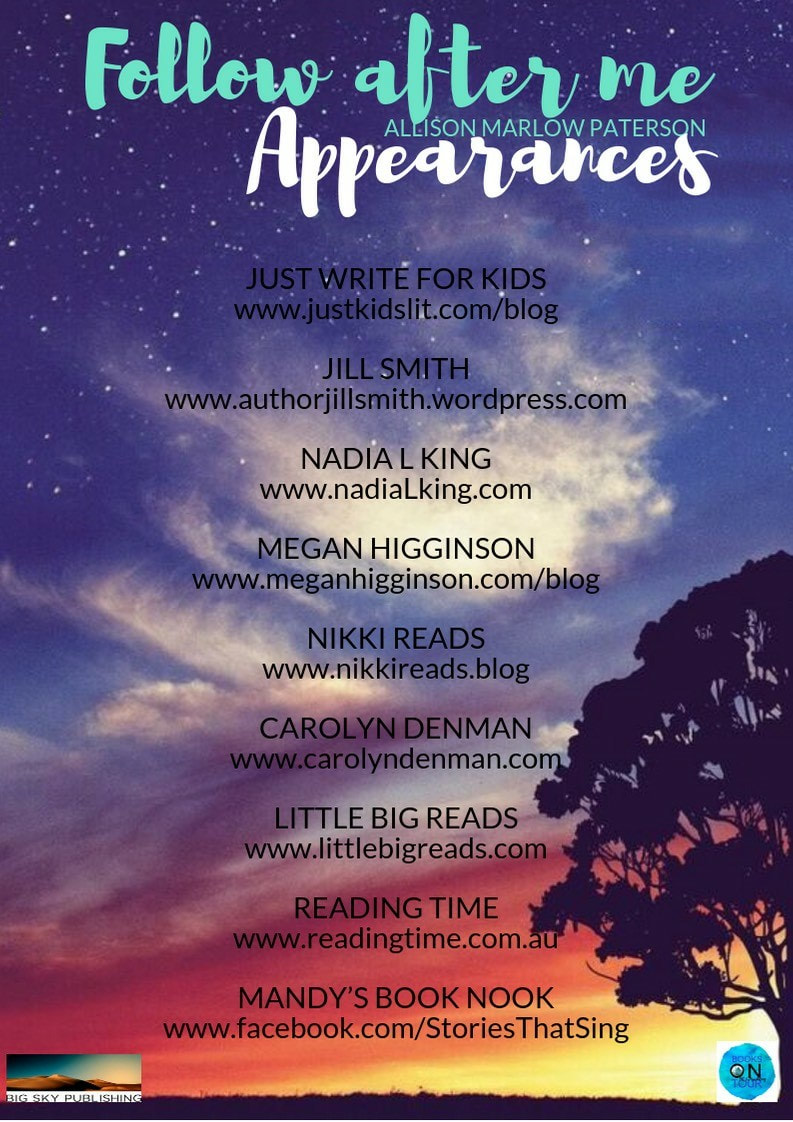
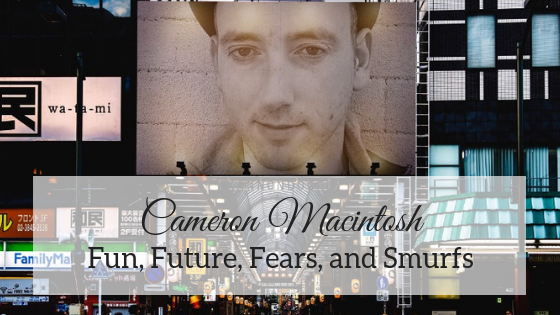

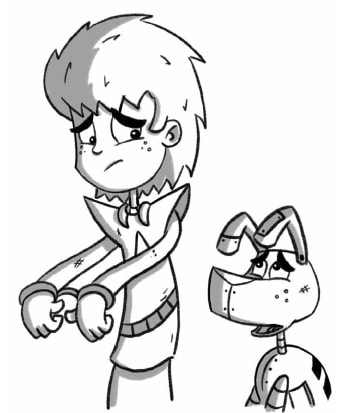
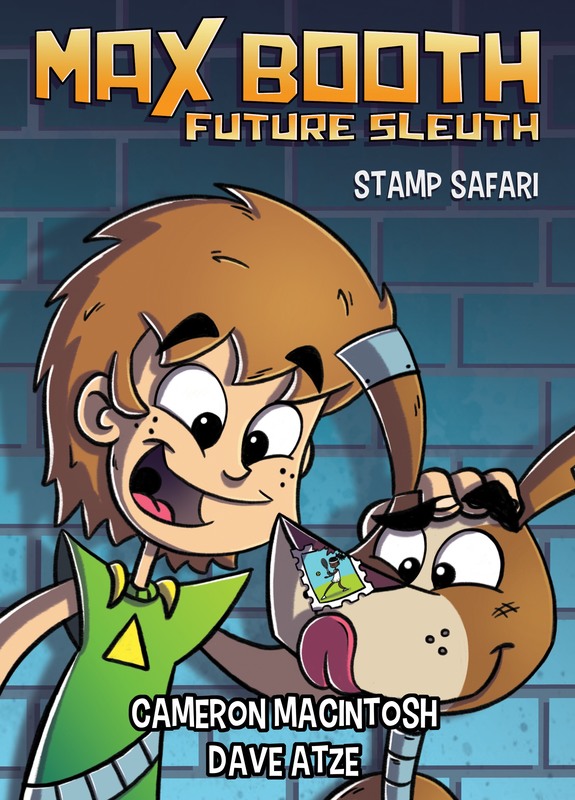
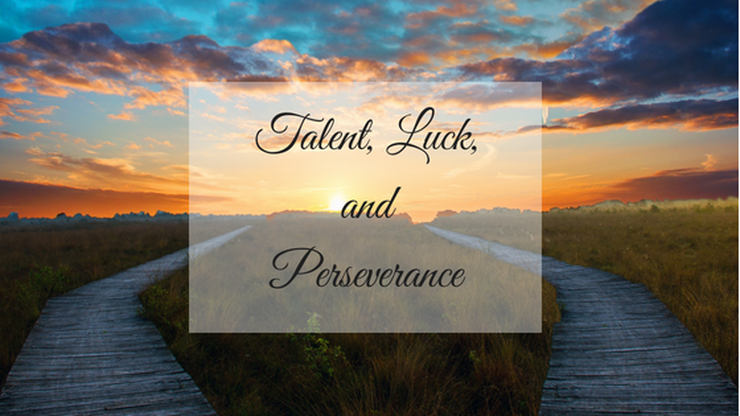
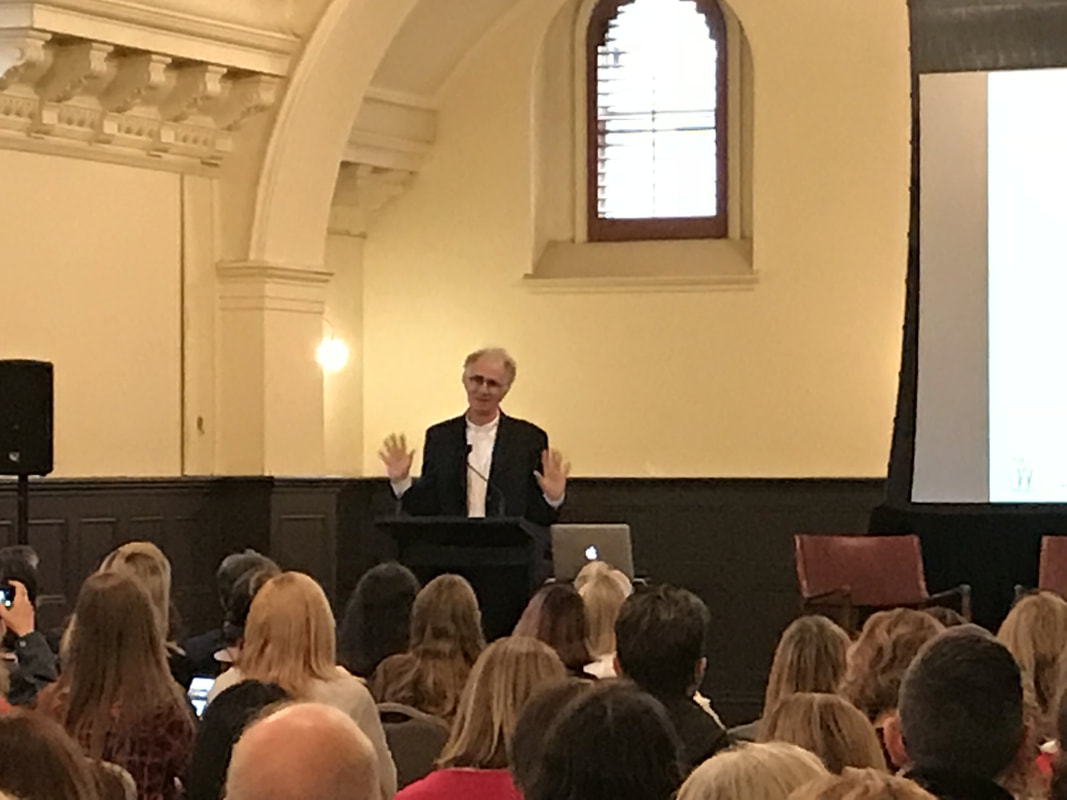
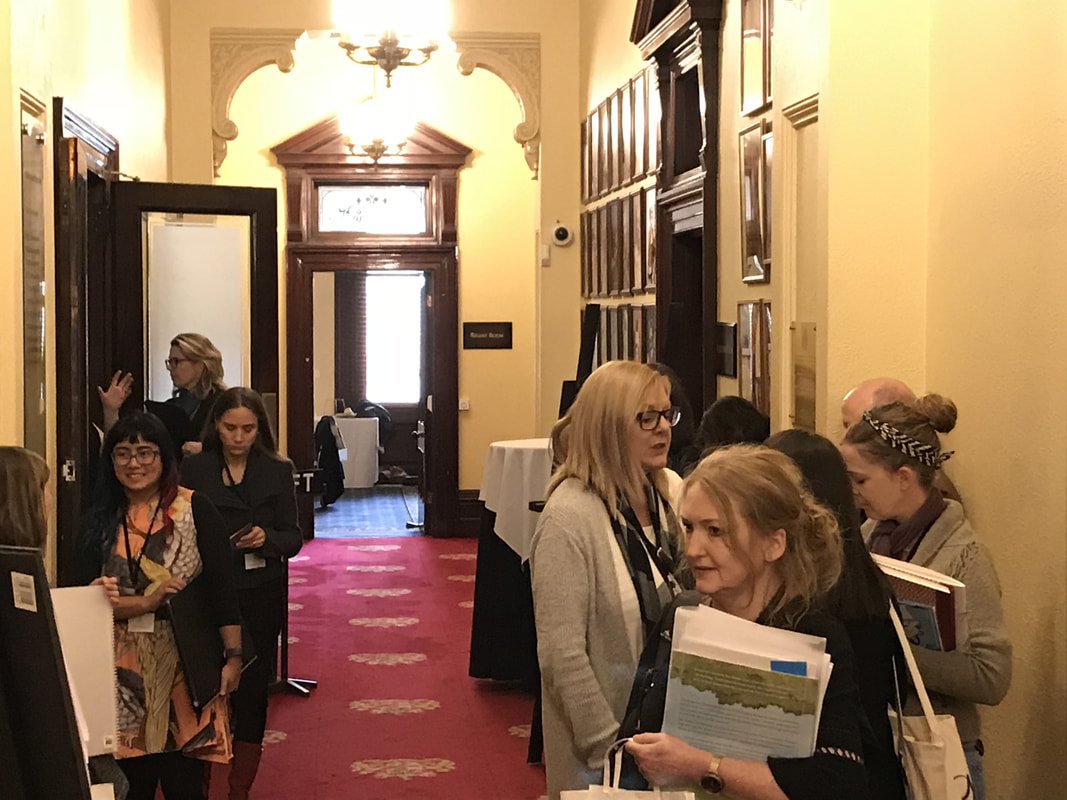
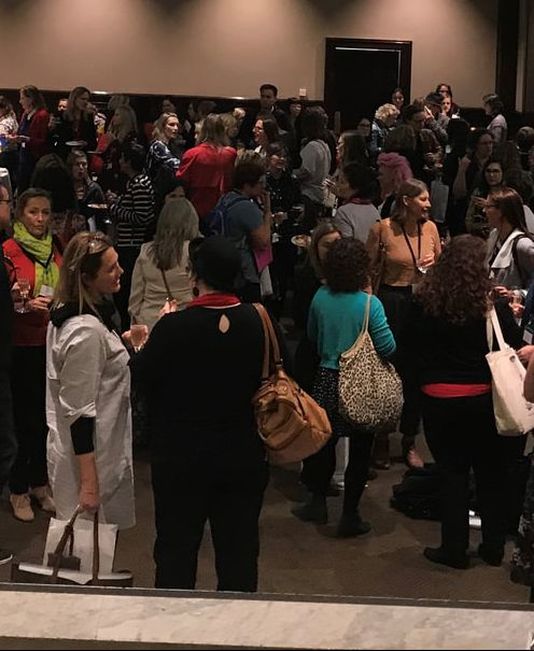
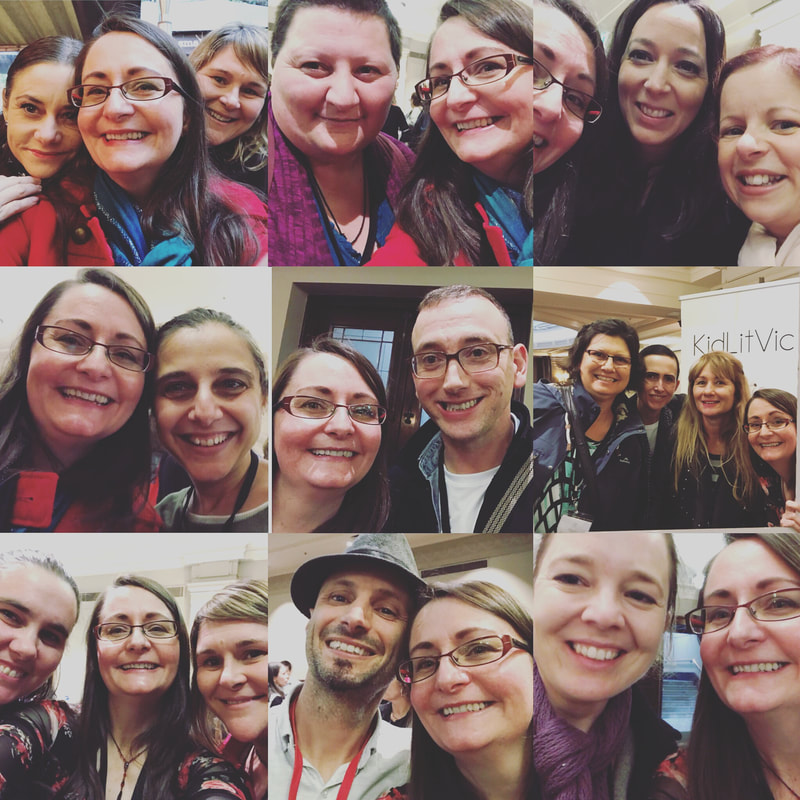
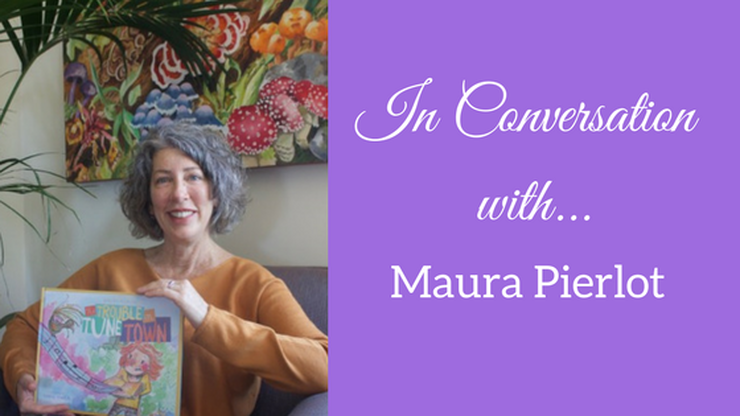
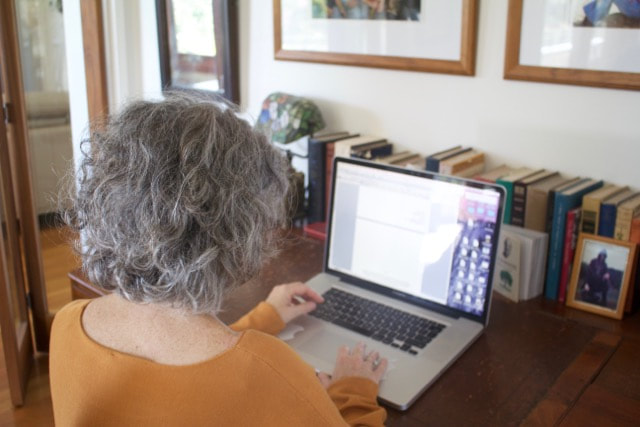

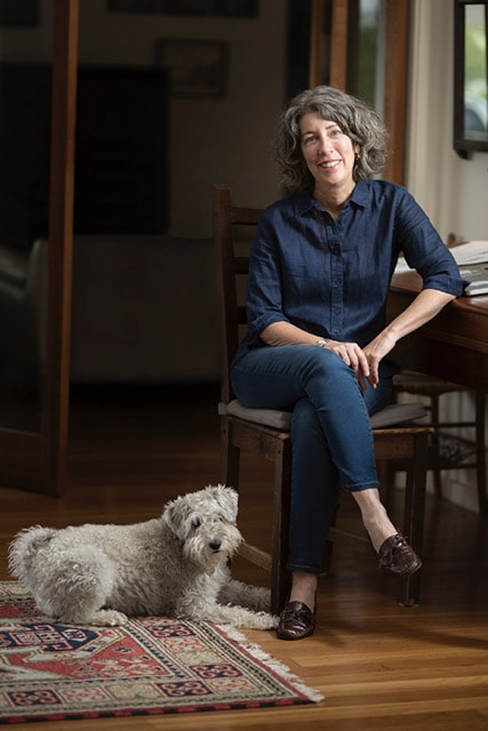
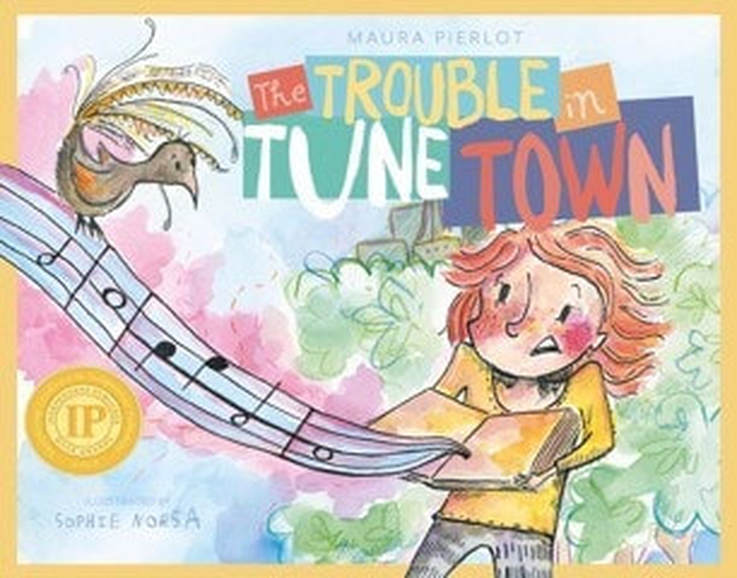

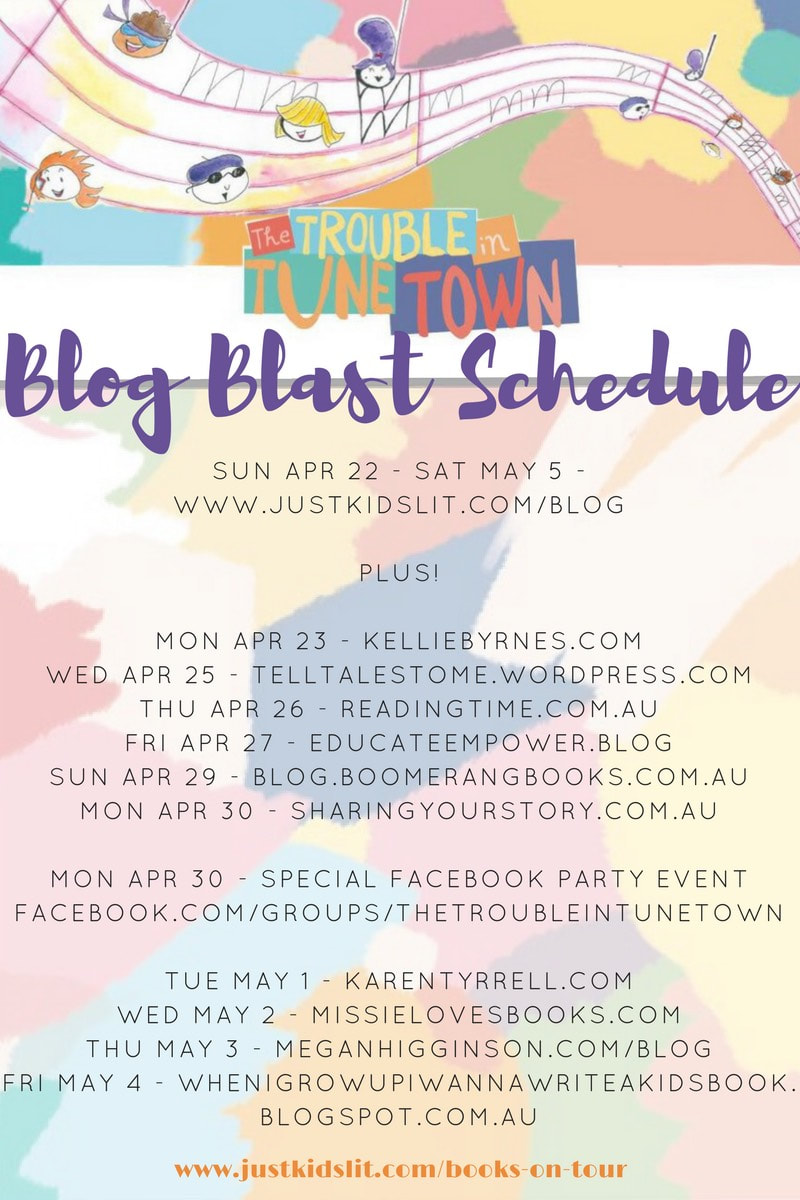
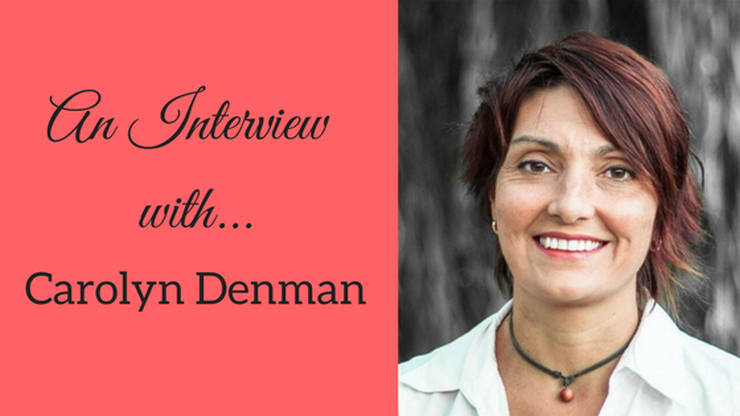
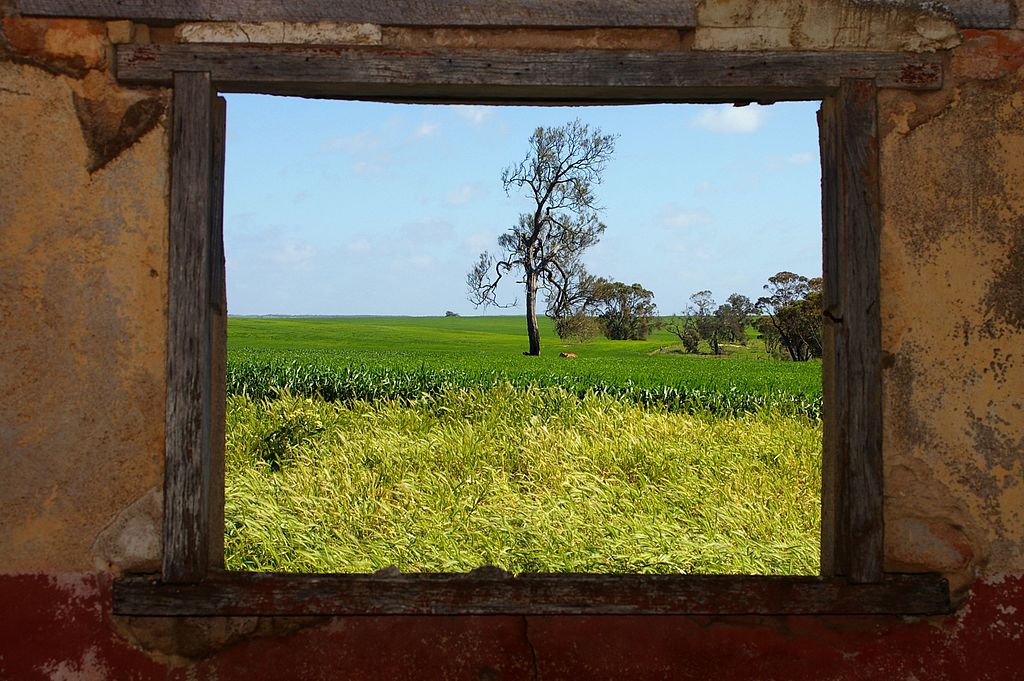
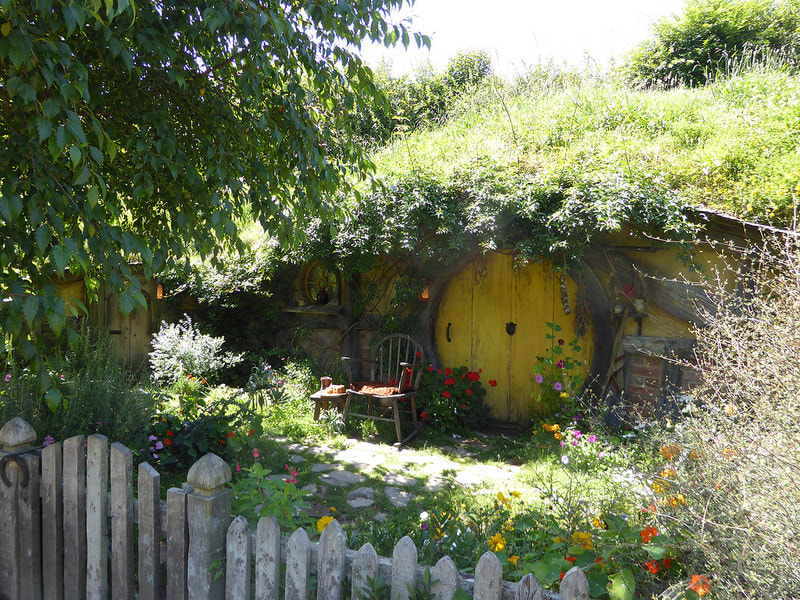
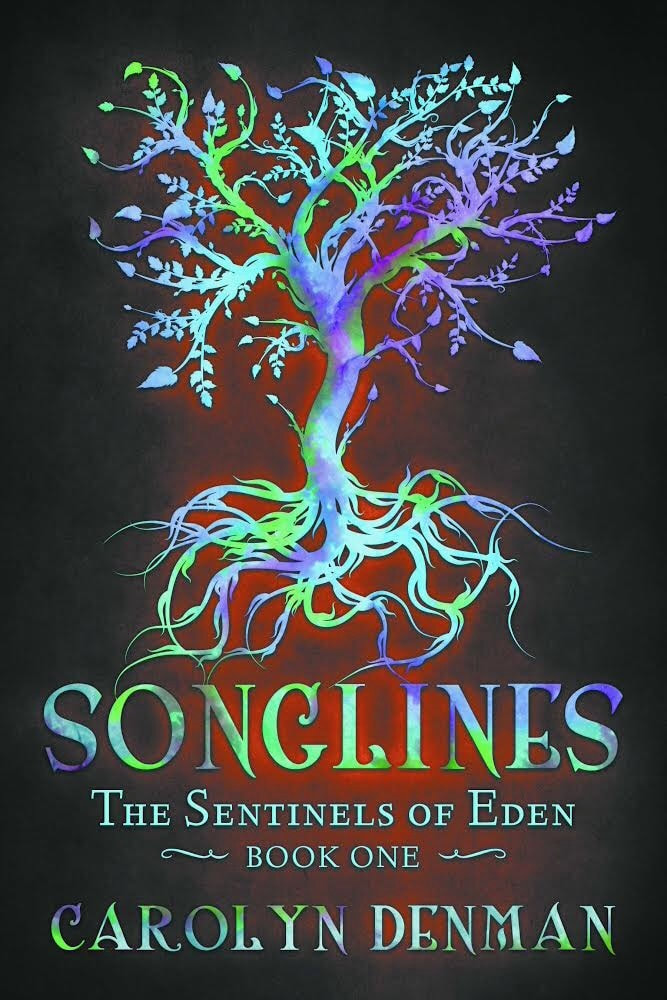
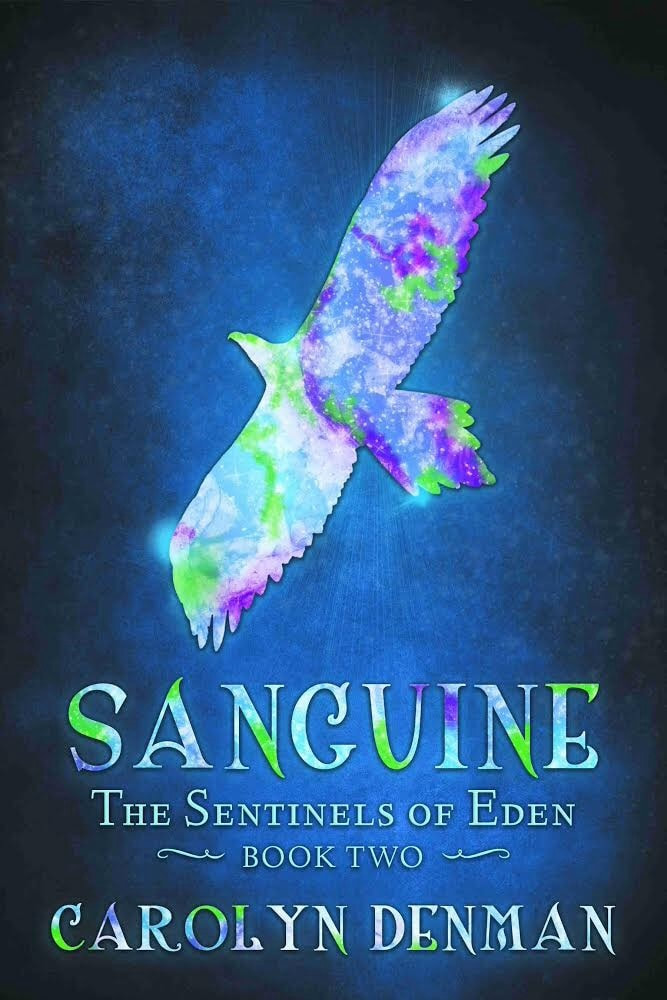
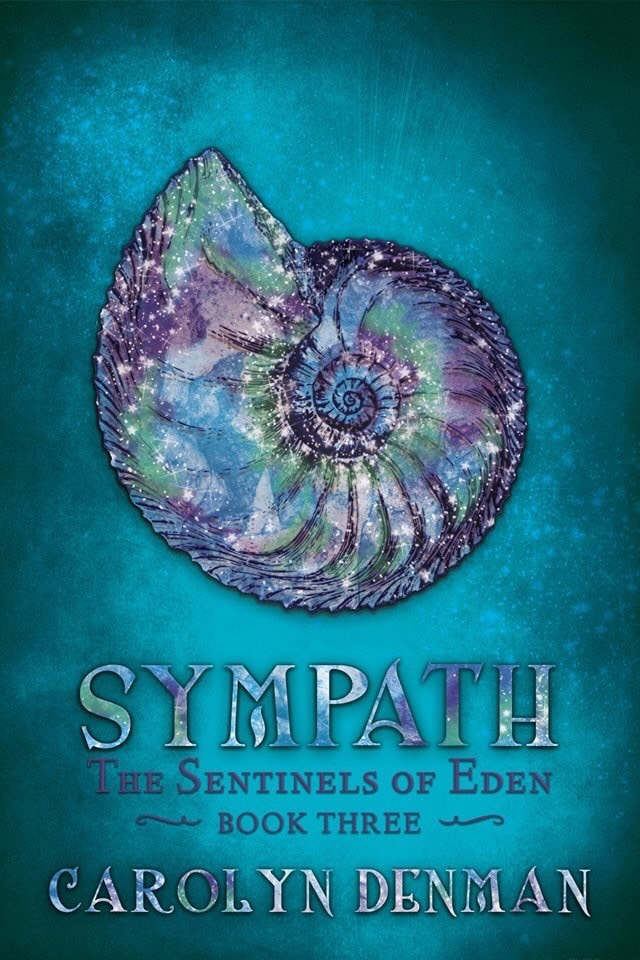
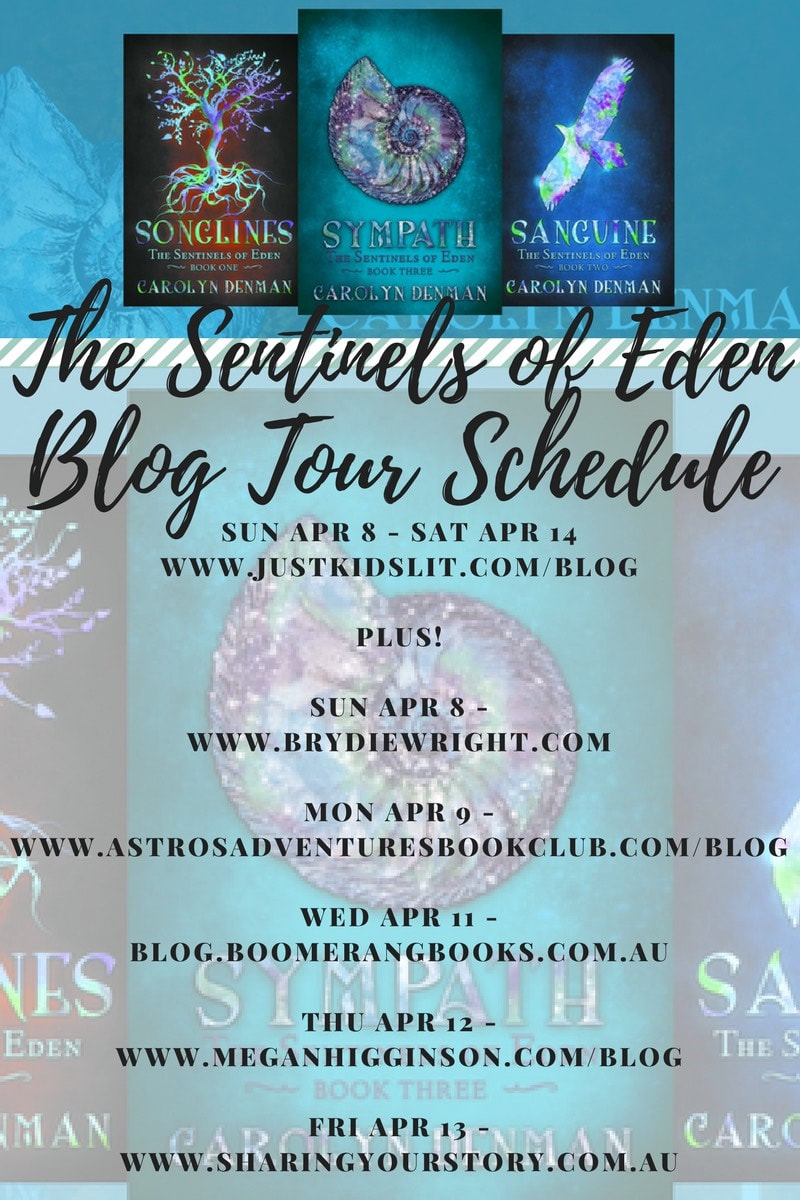
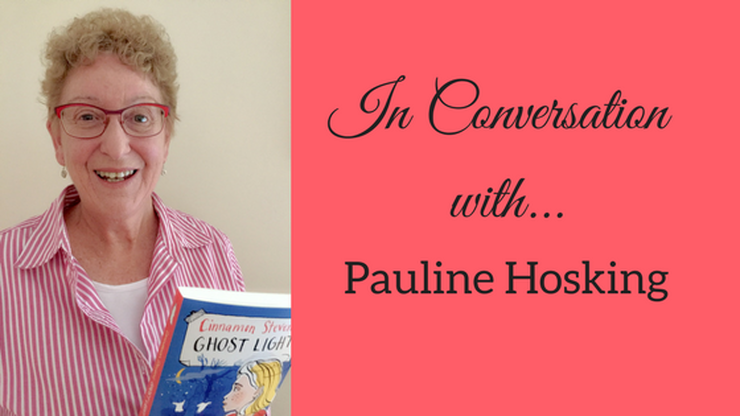
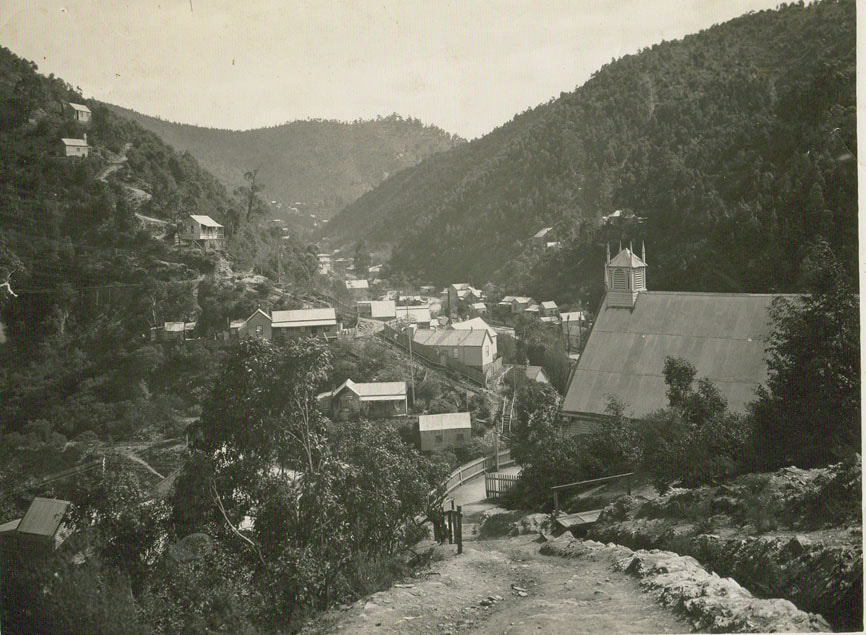
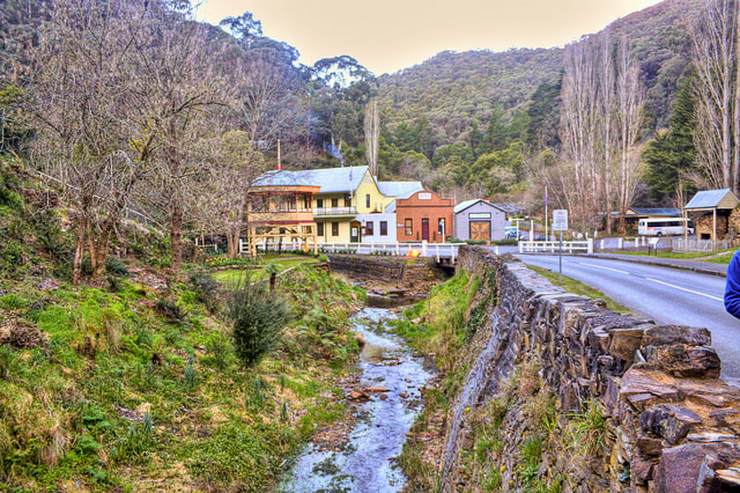
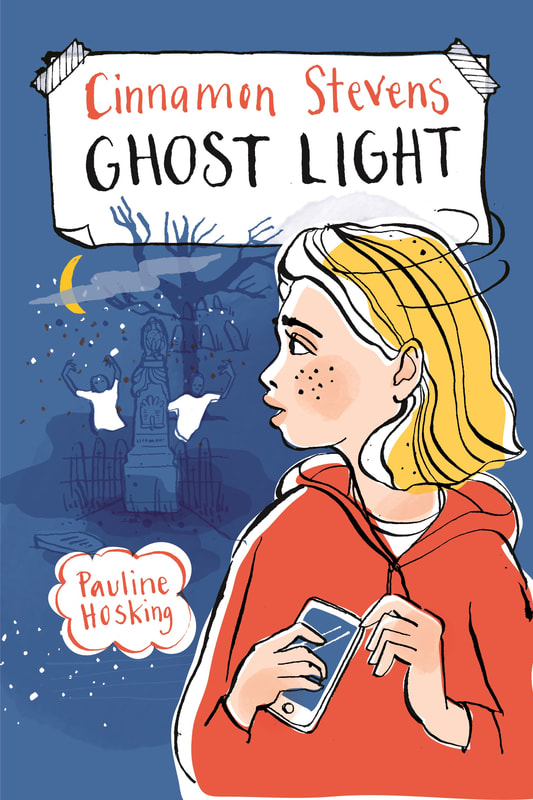

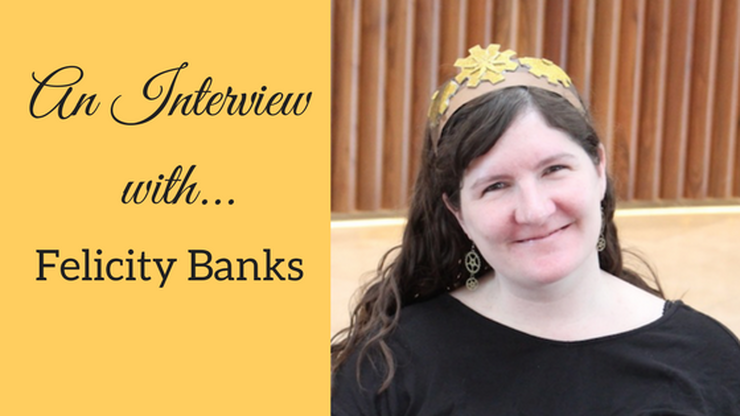
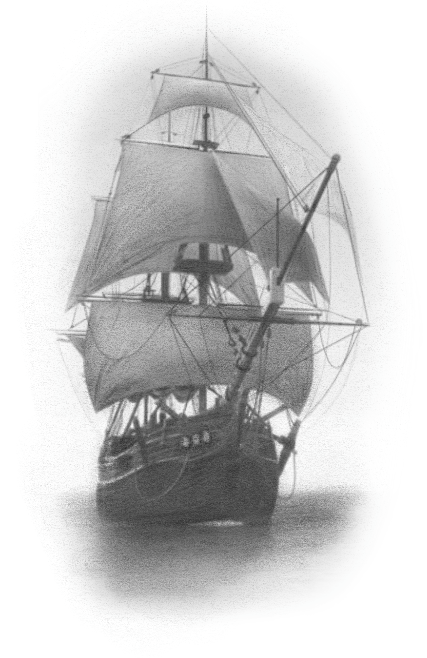
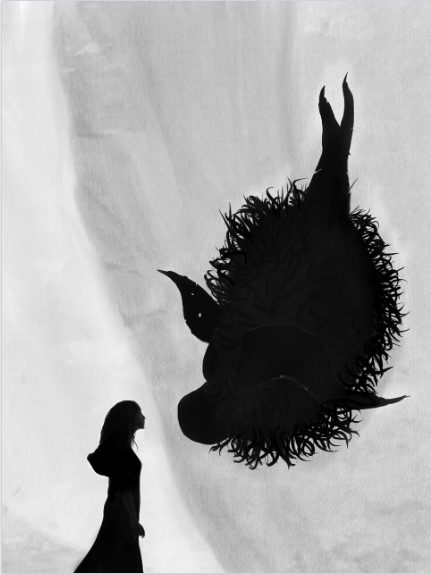
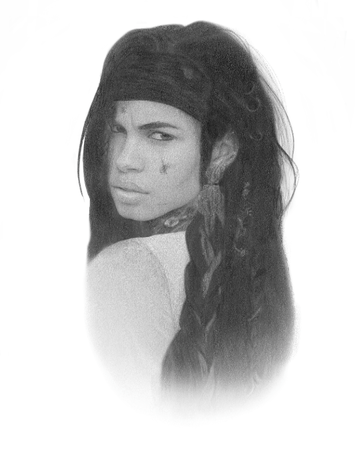
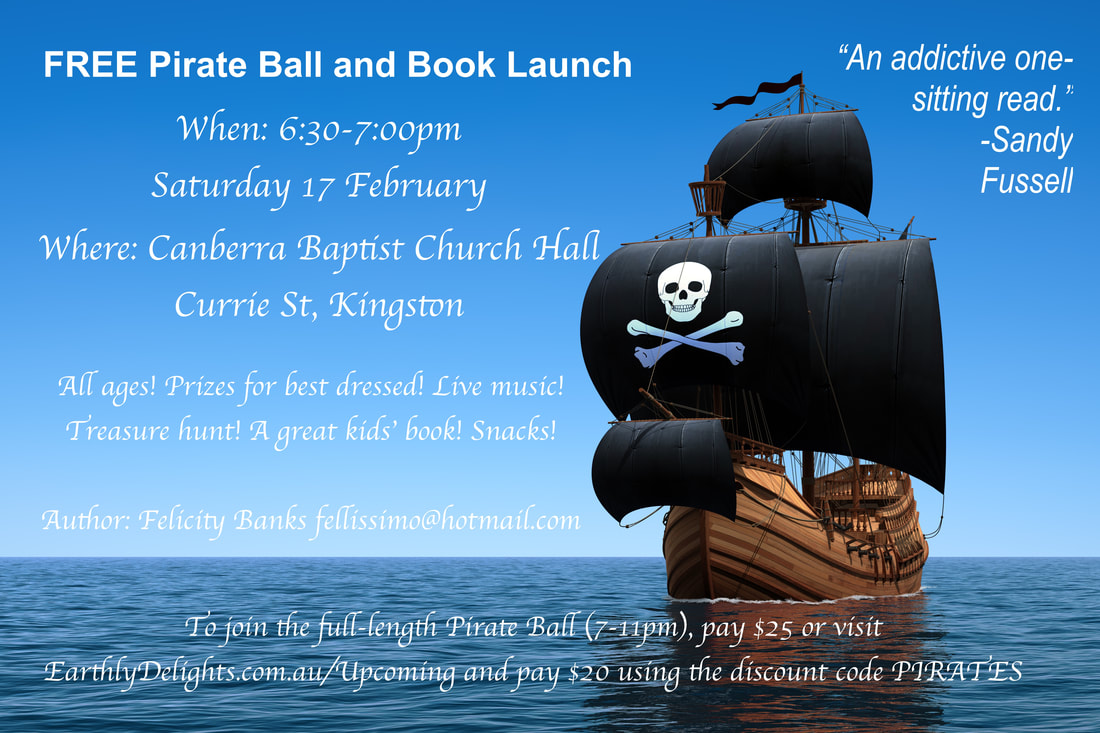
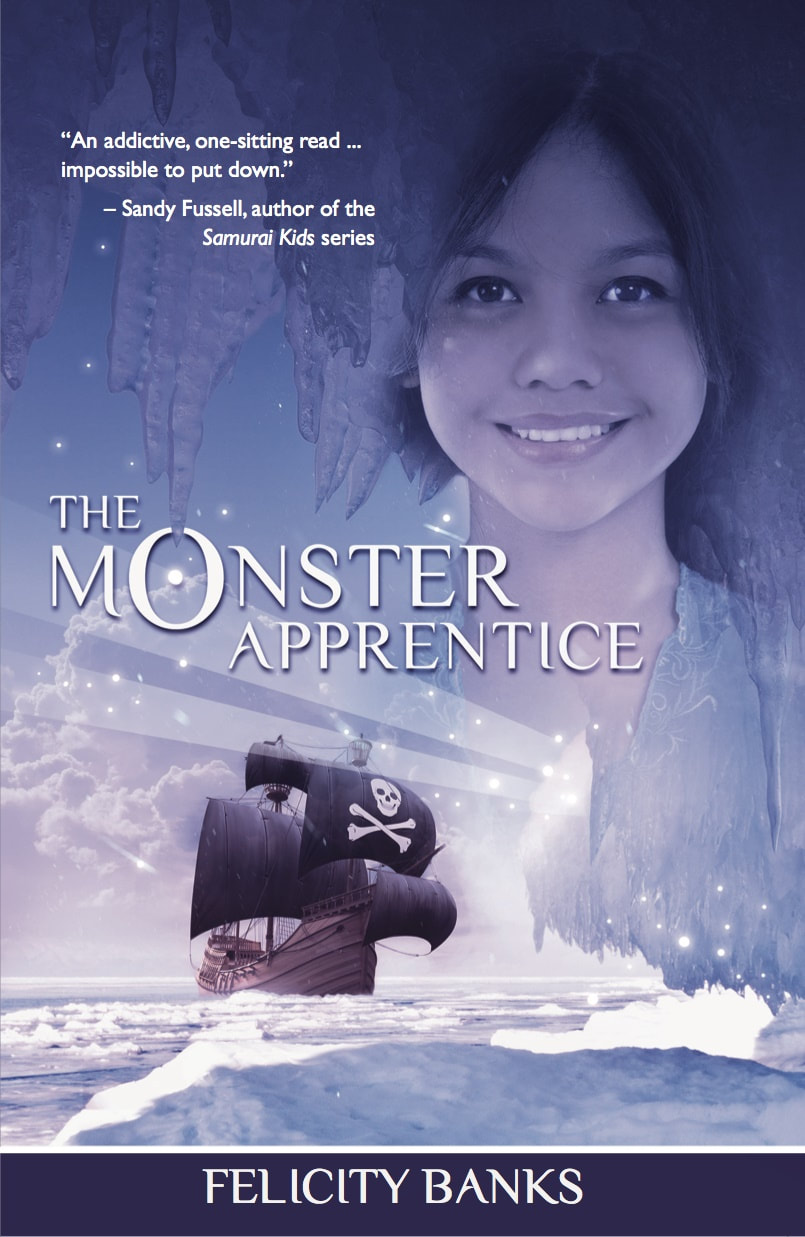
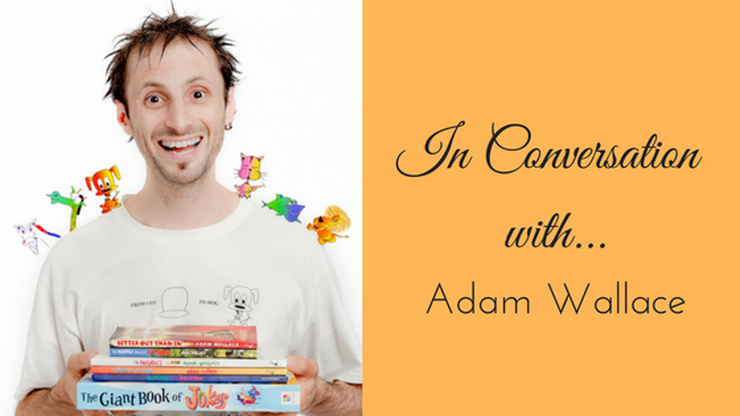





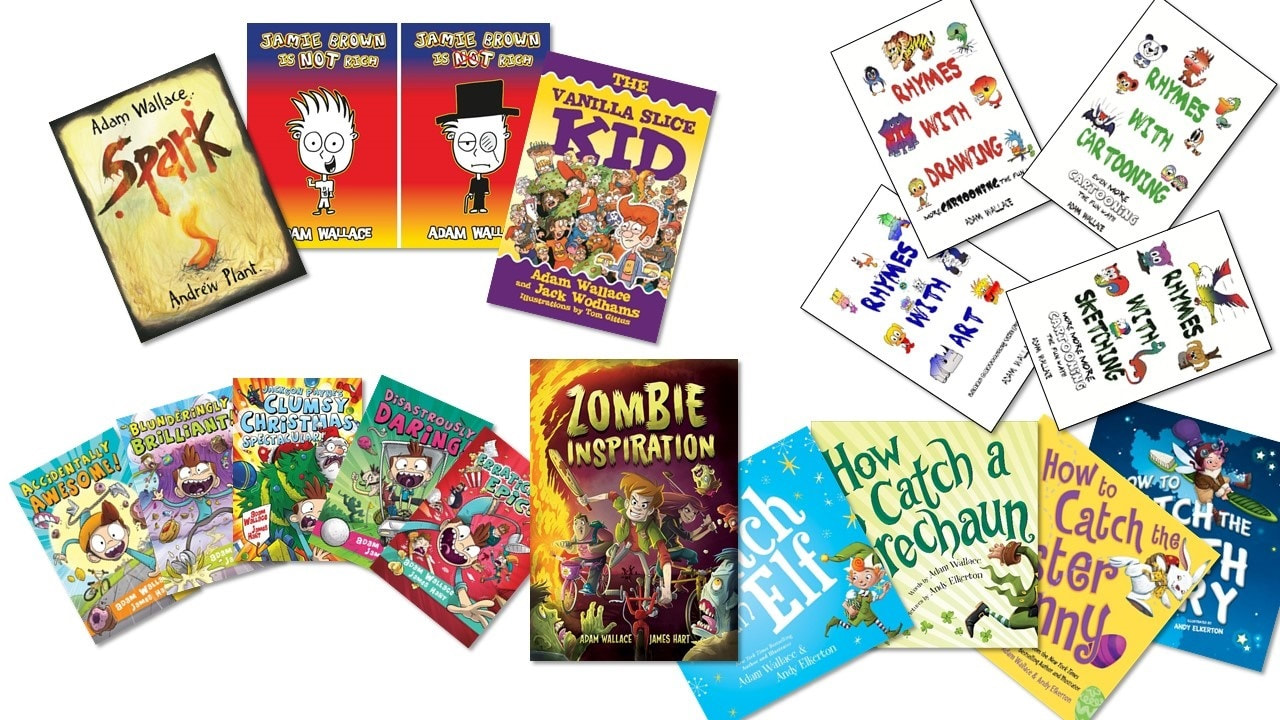

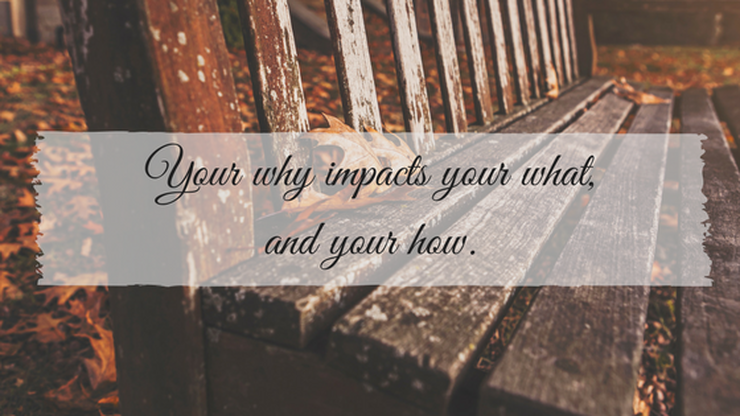
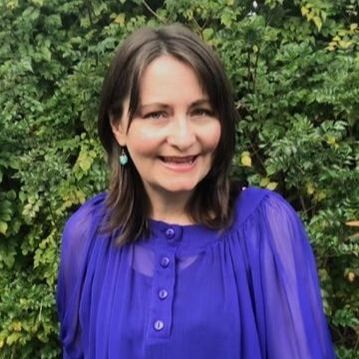
 RSS Feed
RSS Feed